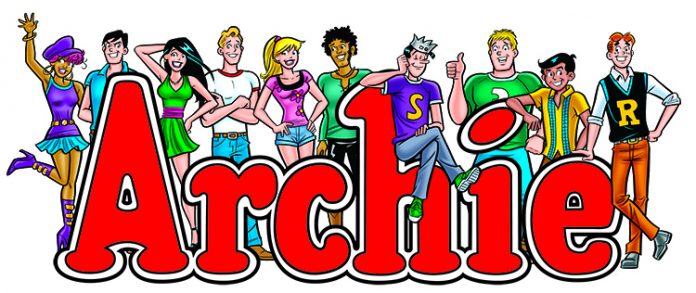Reading Time: 4 minutes
Technically, I belong to the generation which Americans call “boomers”. That is born between 1946 and 1964. In the American sense, this was the post-war generation which grew up in an economic “boom”. The generation immediately after is Gen X, which did not grow up in such a boomy time and therefore are supposedly hardier. It is another matter that their children are known as millennials, who are portrayed as very needy.
But whether Boomer or Gen X, if you grew up English-speaking and middle class in India, once you had rushed through Enid Blyton and her picnics and mysteries served with lashings of colonial superiority, a soupcon of racism and a hint of post-war rationing, where did you turn? It was to Archie comics of course, to the golden period of Americana.
The town of Riverdale was unlike any other, whether in the Indian or the colonial British context. No village mukhia, no tree under which elders gathered, no cows, no lissome lasses collecting water, no colourful clothes being washed, no caste discrimination, no evil zamindar and all those other cliches. No twee little shops selling tea and scones, no cricket on the village green with the vicar, no rose-covered cottages, no manor house and no blacksmith.
Or rather, all those things re-imagined. Not that we realized it in the beginning. Rather, the welcome strangeness of it all beguiled us. The 1970s in India was a time of socialistic thinking and policies. Materialism was scorned. Not that there was lots of material stuff available. And yet, here it was. Pop Tate’s, burgers, cheerleaders, love affairs, clothes, “high school”, friendship, rivalries. All the joys of a young life, but without the freedom to experience it yourself.
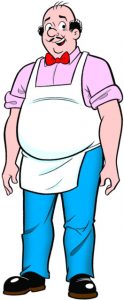
Pop Tate’s. Burgers. Cheerleaders. Riverdale High. The Blue and the Gold. All magical mysteries to us. Even the ads were intriguing. Twinkies, X-ray glasses and Sea Monkeys. What were these bizarre things? It’s odd how the Brits left India but did not really leave behind much “soft power”, except leftovers of what they themselves consumed. America did the soft power very well. Hollywood. Time, Life and Newsweek magazines. Archie comics. If my mother’s generation read Woman and Home and Women’s Weekly, their daughters read Seventeen.
Is it because of life in an American town was made so beguiling that so many of my generation ran to America for further education?
There was no young adult literature in our time. We read the “classics” to acquaint ourselves with the ways of the world. So from Pride and Prejudice to Jane Eyre to Wuthering Heights, you got an interestingly skewed perspective on how to deal with the “opposite sex”. Or girls and boys, as we called them.
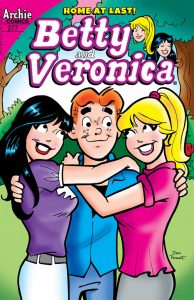
And Archie Comics had it all. The eternal triangle between Archie, Betty and Veronica. Who did he love, this charming, likeable but sometimes weak teenager? It usually seemed like Veronica but sometimes Betty got a shoo-in, only for her and us to be disappointed. Was Reggie the villain in the story or just one more case of unrequited love like Betty’s? And Jughead, where did he fit in? Big Ethel may have loved him, but he definitely loved food the best! The obvious fit would be a gay Jughead. But they never hinted at it and we never took it further.
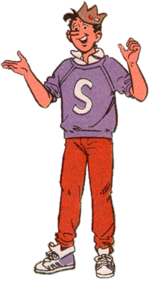
Underneath the teenager hi jinks, the fun, Archie’s jalopy, and the rest of the supporting crew, was the other side of Americana. Not all washing machines and clean streets. Class differences were clear and marked out. Veronica was rich, the rest were middle class and lower. It was never clear if that was the main reason why Veronica’s father, Mr “Gadzooks” Lodge disapproved of Archie – money and social position.
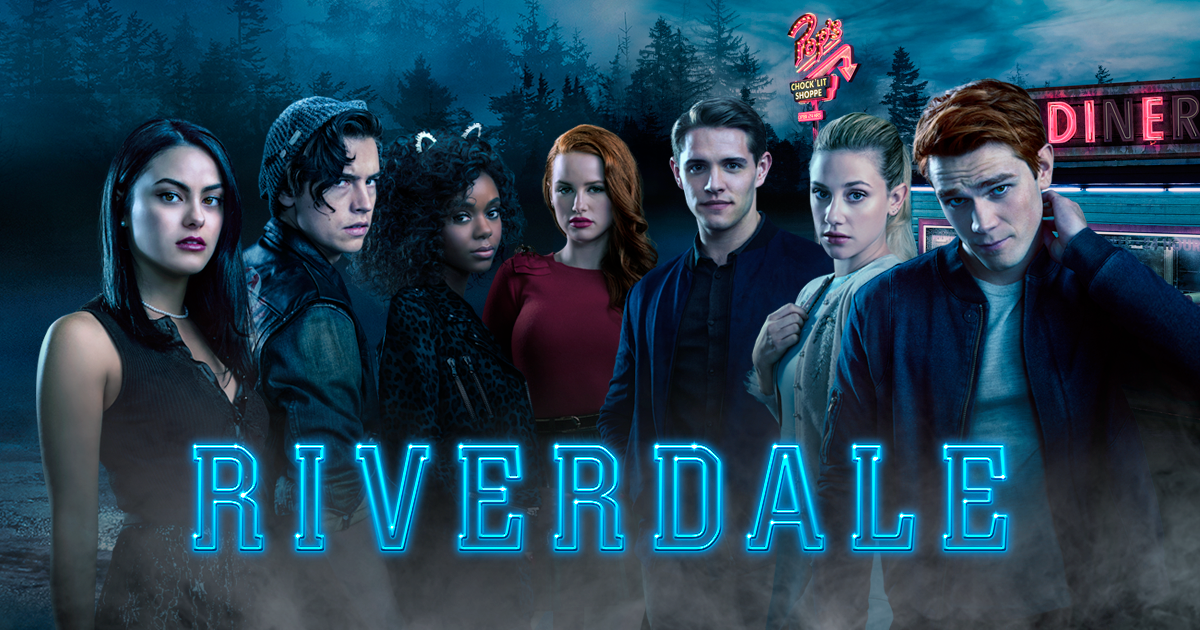
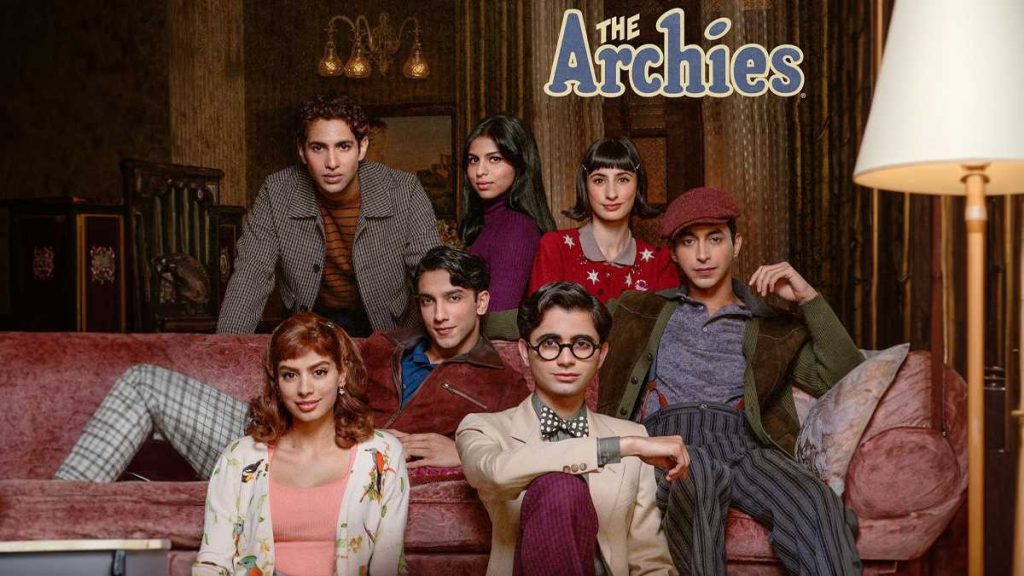
Over the years, Archie Comics have tried to change with the times, and today they have changed so much to be unrecognisable to us Boomers and Gen Xs. We thrive on the nostalgia to such an extent that the TV series Riverdale, with its dark take on that little fictional town, found many old readers of Archie Comics unable to let go of their set notions about their beloved favourites. And I don’t just mean the main players but the supporting cast as well – Mr Weatherbee, Miss Grundy, Coach Kleats, Big Moose and Midge, Mr Svenson, Miss Beazely?
How will those generations respond to the new Netflix series, with Indian actors and Indian context? The existence of the series itself is testament to the hold that Archie Comics had on the grandparents and parents of the makers!



